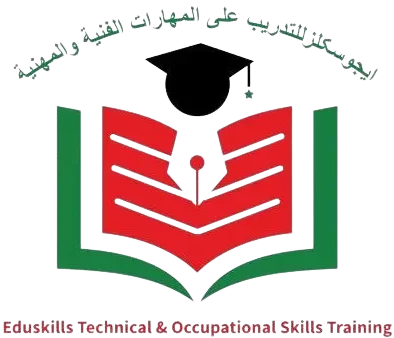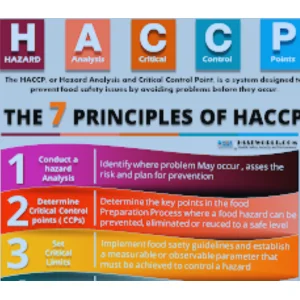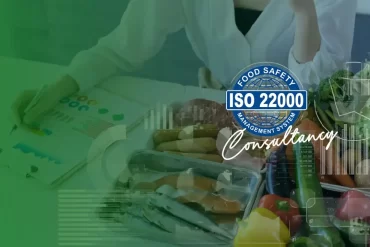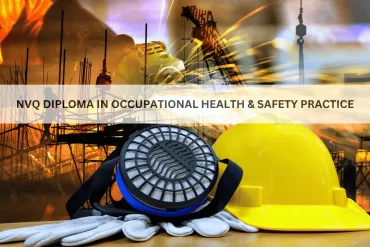Obtaining an ISO 22000 or sometimes called FSMS 22000 certificate...
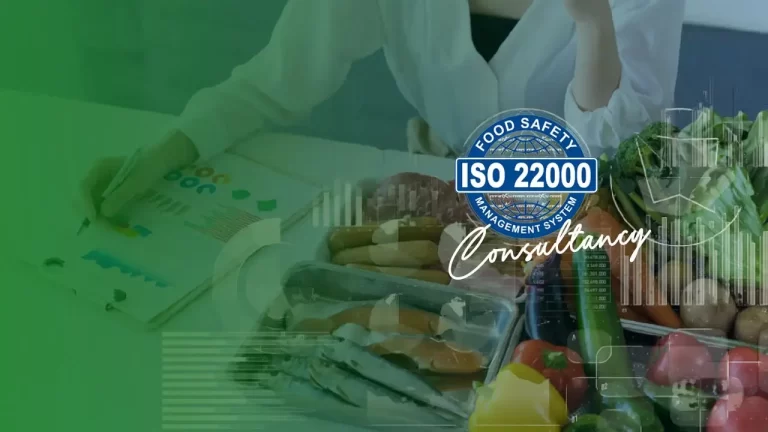
The Importance of ISO Consultancy for FSMS 22000
We often overlook the significance of having an ISO certificate. This article aims to shed light on why obtaining an ISO certificate can make a substantial difference in your career or organization.
Whether you need an ISO certificate for a course depends on several factors, including:
The specific ISO standard:
There are numerous ISO standards, each addressing different areas like quality management (ISO 9001), environmental management (ISO 14001), or information security (ISO 27001). Some standards might require course providers to be certified, while others might not.
The course provider’s goals:
Some providers might seek ISO certification to enhance their reputation, attract accreditation for their courses, or comply with specific regulations or requirements from potential clients or funding sources.
The course requirements:
If a course curriculum directly touches on aspects covered by an ISO standard, having an ISO certificate could demonstrate the course’s alignment with those standards and potentially add value to the learning experience.
Target audience and context:
Certain professions or industries might require training providers to be ISO certified for their training to be recognized or accepted. For example, in some countries, certain healthcare courses might need ISO certification for professionals to receive continuing education credits.
Alternative certifications:
Other quality-assurance or accreditation systems might be recognized or considered equally valid in specific contexts.
Therefore, there’s no universal answer to whether you need an ISO certificate for a course. It’s crucial to consider the specific factors mentioned above to determine if it’s necessary or beneficial for your situation.
To get a clearer picture, it could be helpful to:
- Identify the specific ISO standard relevant to the course.
- Check the course provider’s website or contact them directly to inquire about their certifications and rationale.
- Research any specific requirements or preferences in the target audience or industry.
Remember, while an ISO certificate can be a valuable indicator of quality and standardization, it’s not the only measure of a course’s effectiveness. Consider evaluating the curriculum, instructors, learning outcomes, and overall reputation alongside any certifications when making your decision.
Now here’s a comprehensive overview of one of the most demanding and important ISO Certifications; FSMS 22000:
What is ISO 22000?
- An international standard for food safety management systems (FSMS).
- Ensures organizations throughout the food chain can consistently produce safe food.
- Focuses on preventing food safety hazards and ensuring safe food production, handling, and delivery.
- Applies to any organization involved in the food chain, from farms to manufacturers to restaurants.
Key Principles:
- Interactive communication: Transparent communication with stakeholders throughout the food chain.
 Interactive communication in food safety management
Interactive communication in food safety management - System management: Implementing and maintaining a structured FSMS.
 System management in food safety management
System management in food safety management - Prerequisite programs (PRPs): Foundational practices for hygiene and good manufacturing practices (GMPs).
 Prerequisite programs in food safety management
Prerequisite programs in food safety management - HACCP principles: Systematic approach to identifying, evaluating, and controlling food safety hazards.
 HACCP principles in food safety management
HACCP principles in food safety management
Benefits of ISO 22000 Certification:
- Enhanced food safety: Reduced risk of foodborne illness outbreaks.
- Improved customer confidence: Demonstrating commitment to food safety.
- Streamlined operations: Efficient and effective food safety management.
- Competitive advantage: Meeting international standards and accessing global markets.
- Regulatory compliance: Meeting legal and customer requirements.
How to Get Certified:
- Implement an FSMS: Develop policies, procedures, and controls aligned with ISO 22000 requirements.
- Undergo an audit: Conducted by an accredited certification body.
- Receive certificate: Upon successful audit completion.
- Maintain certification: Through ongoing audits and continuous improvement.
Additional Information:
- Current version: ISO 22000:2018
- Developed by: ISO Technical Committee 34 (Food products)
- Available from: National standards organizations or the ISO website
If you’re involved in the food industry, consider ISO 22000 certification to demonstrate your commitment to food safety and protect your consumers.
Final Worlds
In conclusion, obtaining an ISO certificate for your course is not just a formality; it’s a strategic move that can reshape the trajectory of your educational venture. From enhancing credibility to adapting to dynamic realms, the benefits are clear. So, if you’re aiming to position your course as a leader in the field, now is the time to consider ISO certification.
ISO Certification Frequently Asked Questions
Is ISO certification mandatory for all courses?
No, ISO certification is not mandatory, but it adds significant value to your course by ensuring quality and compliance.
How long does the ISO certification process take?
The duration varies, but it typically takes a few months to complete the certification process.
Can ISO certification be revoked?
Yes, if the course fails to maintain the required standards, the ISO certification can be revoked.
Does ISO certification guarantee success?
While it doesn’t guarantee success, it greatly enhances your course’s credibility and marketability.
How can I start the ISO certification process for my course?
You can initiate the process by contacting an accredited certification body and following their guidelines.
Related Posts
What is an NVQ equivalent to in the UK? – Beginner’s Guide
NVQs (National Vocational Qualifications) in the UK are equivalent to...
Is an NVQ Diploma in Occupational Health and Safety Practice Worth It?
The NVQ diploma in Occupational Health and Safety Practice is...
